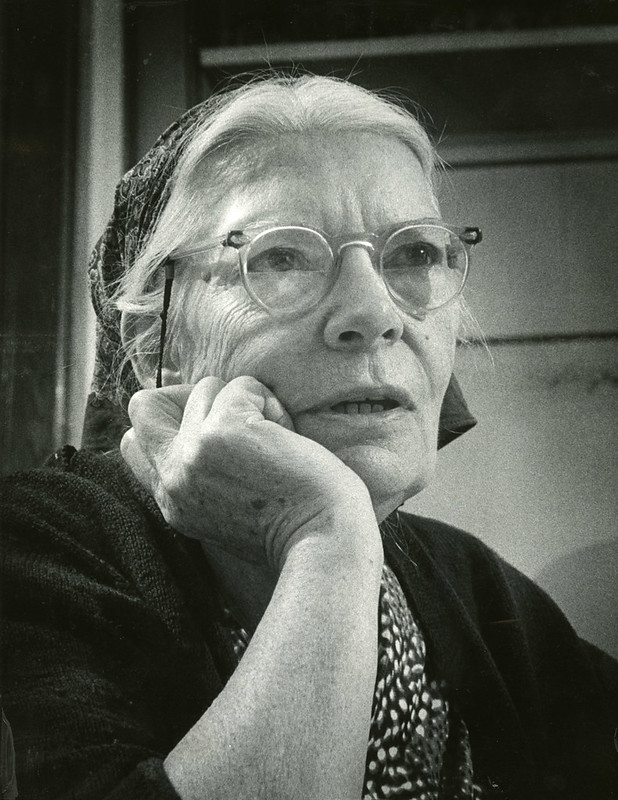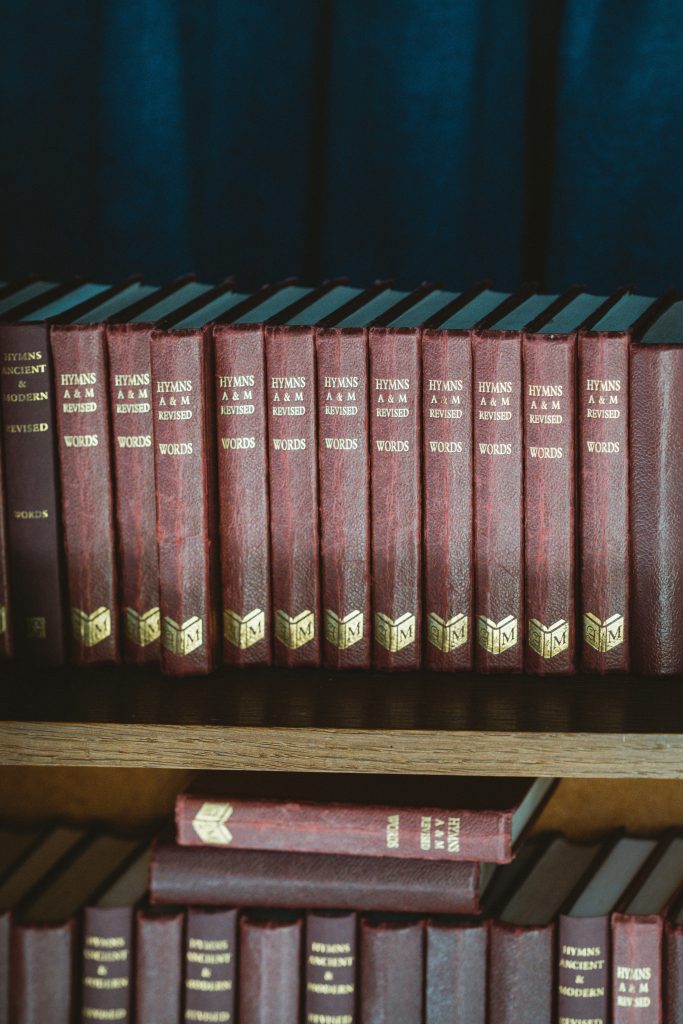Although these reflections will not appear until 2025, I am in fact writing them in February 2022. This is my 94th year and I realise that I may not be here when they eventually come to be sent out … which prompts me to offer a reflection to those approaching old age. We are told to respect the elderly. This does not, however, mean we should be unduly subservient to them (to us I should say.) I am fortunate to have as a lodger a friend who, while keeping a watchful and caring eye on me, does not hesitate to challenge me occasionally. I try to be grateful for such feedback; but occasionally I am piqued! My ego has been pricked! But that is good, for one is still learning, right up to the end. As T.S. Eliot says in the Four Quartets: ‘Old men should be explorers still’.
Category: Blog
The ear of the heart
By learning to listen with what St Benedict calls ‘the ear of the heart’ we learn also to become more sensitive to the tone of voice in other people. Someone telephones us or calls by out of the blue and starts chattering away. If we are alert we may detect from the tone of their voice that what they really want is to speak about something else – and so we wait patiently. Our task then is to listen wholeheartedly, not to rush in with good advice! More often than not it is the depth and quality of our listening that enables the other person to find their own solution.
Compassion
Many people make donations to good causes such as poverty and famine relief, medical research, the RSPCA, and to charities assisting the ever increasing number of refugees. But there is another aspect of compassion which is much more personal.
When someone asks to share with us some problem or dilemma, we have to identify with them, get under their skin as it were, to empathise with them. We may not be able to find an immediate answer for their issue but by listening wholeheartedly their burden is often lightened. Once again, it is through the simple practice of meditation, of learning to listen within, that we become more aware and better able to hear the needs of others.
Saints alive
We tend to place saints on a pedestal as paragons of virtue way beyond the rest of us, whereas in fact all of us, saints as well as common mortals, begin as a mass of imperfections which gradually we weave into a whole, becoming ever more integrated as human beings.
A perfect example is Dorothy Day. After much promiscuity and drifting in her early life she went on to found the Catholic Worker Movement, setting up houses all across America where members could live for free, and providing services for drop-outs, alcoholics and vagrant people. In this way she put into practice Jesus’ command to love her neighbour as herself, and became fully realised as an individual in the process.
Holiness is wholeness.

The pearl of great price
Jesus speaks of ‘the pearl of great price’ and exhorts us to seek it. We do not, however, find it through obedience to a prescribed set of ethics: ‘Do this. Don’t do that.’ Rather, we are called to be free, and freedom involves discovery. Each of us is a unique person and our task is to fulfil our particular destiny. We can only do this through suffering and joy, disillusion and fulfilment. Thus we find the pearl of great price and learn that the kingdom of heaven lies within us. At the end of our lives we should be able to say, like Jesus, ‘Abba, I have done the work which you gave me to do.’
Visitations
Someone once wrote to me asking if I believed in spiritualism:
I have been puzzled for seven years now about a vision I had twelve days after my husband died. I suddenly became aware that he was standing before me. He wasn’t a ghost but was quite solid, and he stayed there for two or three seconds. He was smiling the special smile he always kept for me. I wasn’t afraid – just amazed. So I leaned forward and spoke his name – and he’d gone! I felt much happier afterwards and thought he had come back to say he was alright and to say goodbye. I feel he is still nearby and keeping an eye on me. I can see him still after seven years.
I too have had a similar experience. Such visions are recognised as belonging to an entirely different order than that of the imagination, leaving a deep sense of contentment. And they are far more common than is often realised. My belief is that the dead are often allowed to visit us, sometimes in dreams, and to reassure us in this way, and then they are gone, to set about their own tasks, for the work of redeeming the cosmos is unending.
Time and tide
Shakespeare writes:
There is a tide in the affairs of men
Which, taken at the flood, leads on to fortune.
Omitted, all the voyage of their life
Is bound in shallows and in miseries.
On such a full sea are we now afloat
And we must take the current as it serves
Or lose our ventures.
It was in 1959 that a colleague said to me ‘Why don’t you start a theatre here in Hampstead?’ Within 24 hours I had booked a hall for a year, and the following week the local newspaper carried a front-page headline: Hampstead to have neighbourhood playhouse.
I had no experience of running a theatre nor any financial know-how, yet within a few years it had an international reputation for new plays.
But it doesn’t always work! I once consulted the I Ching, the ancient Chinese Book of Wisdom, about a project I had in mind, and the answer came, as from a very wise person: ‘Your idea is good but now is not the time.’
It is when faced with key decisions in life that the practice of meditation enables one to be able to intuit what action one should take – or not.
Stillness
Turning
My favourite hymn is the Shaker ‘Simple Gifts’, the first verse of which is:
‘Tis the gift to be simple, ’tis the gift to be free
‘Tis the gift to come down where we ought to be,
And when we find ourselves in the place just right,
‘Twill be in the valley of love and delight.
When true simplicity is gained,
To bow and to bend we shan’t be ashamed,
To turn, turn will be our delight,
Til by turning, turning we come ’round right
It is by being flexible and open to change that we find ourselves balanced, whole, and free.

Innocent
Innocence is not to be confused with naivety, but is a matter of remaining open to the freshness of life, of people, of nature – all of which grow out of the habit of sitting quietly, looking and listening. It is a quality that many young children have – though there is a danger that such innocence is quickly lost in the world of the internet. Always I am reminded of that small boy, whom I have quoted before, who said with great passion, ‘God is a feel, not a think!’ No wonder Jesus said ‘Let the little children come unto me and do not hinder them, for the kingdom of Heaven belongs to such as these.’